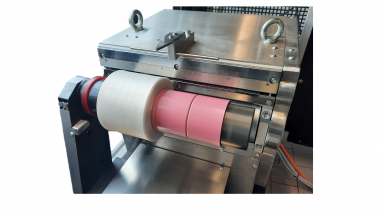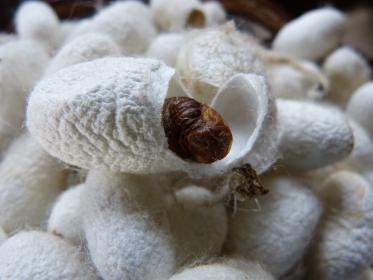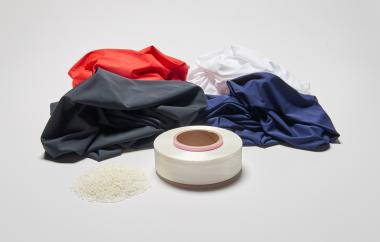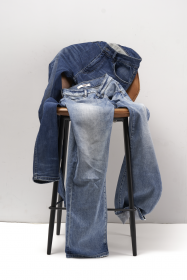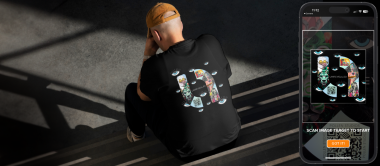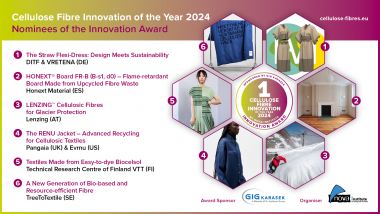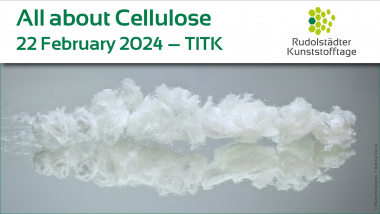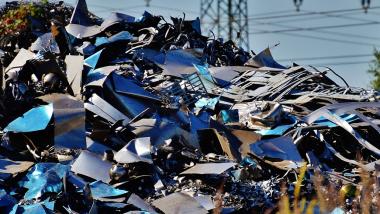IDEA®25: Call for abstracts
INDA, the Association of the Nonwoven Fabrics Industry, announced a call for abstracts for IDEA®, April 29-May 1, 2025, Miami Beach Convention Center, Miami Beach, Florida. IDEA attracts thousands of nonwoven professionals from all functional areas spanning the entire supply chain.
The theme for IDEA25 is “Nonwovens for a Healthier Planet” highlighting nonwoven advancements in sustainability.
Product developers, designers, engineers, technical scouts, and marketing professionals accountable for their product’s environmental impact will attend IDEA. Presentations will focus on responsible sourcing, innovations in sustainability, and end-of-life solutions for nonwovens and its related industries.
A few examples of topics for consideration are:
RESPONSIBLE SOURCING
- Natural Fibers (Cotton, Hemp, Bamboo, Banana, Wood Pulp, Regenerated Cellulose, Wool, Fur, Chitin, Feathers)
- Polymers (Biopolymers, Regenerated and Recycled polymers, Unconventional and Alternatives to Traditional Polymers)
- Sustainable Chemistries (finishes, lubricants, adhesives, and additives)
INNOVATIONS IN SUSTAINABILITY
- Process Improvements with Sustainability Impact (reduced waste, reduced energy, reduced water consumption)
- Product Design Improvements with Sustainability Impact (lightweighting, designs for end-of-life, “good enough” design)
END-OF-LIFE SOLUTIONS
- End-of-Life or Next-Life Considerations (compostability, biodegradability, recycling, advanced recycling and circularity)
- Presenting is an opportunity for technical professionals to showcase pioneering research, innovative solutions, and expert insights with technology scouts.
Abstracts must be submitted via the INDA website by June 7, 2024.
INDA - Association of the Nonwoven Fabrics Industry







